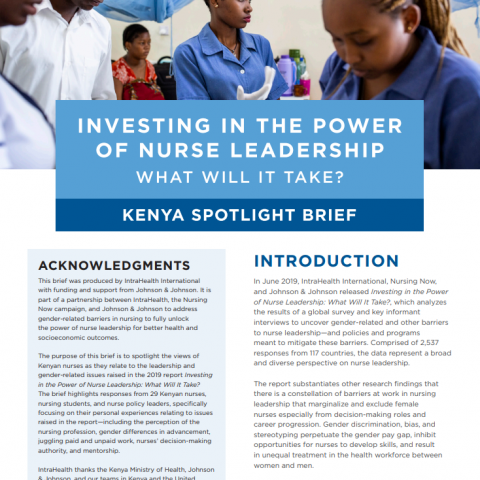Where We Work
See our interactive map

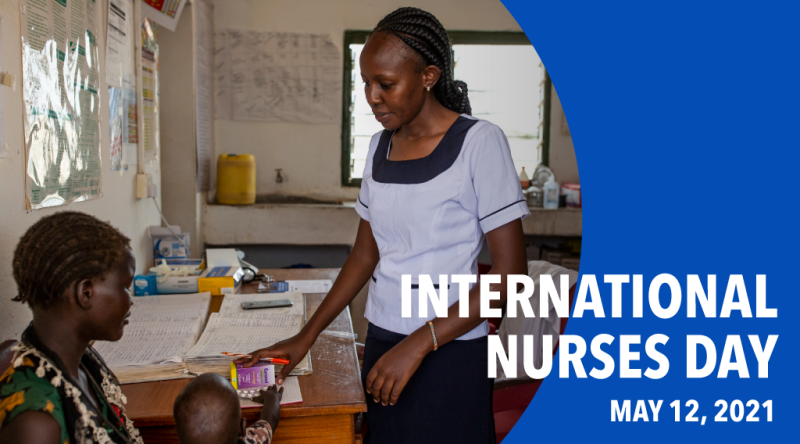
We set out to document what nurses think about nurse leadership and the gender-related barriers they face at work. Here's what they had to say.
“Most people don't understand that nurses can be leaders,” says Alice Boit, a nurse and facility-in-charge in Nakuru, Kenya. “Most people may just understand that leaders are doctors, clinical officers, and others like that.”
A year ago IntraHealth set out to document what nurses like Alice think about nurse leadership, and the barriers they face in rising up in the profession. We already had a global view, from our Investing in Nurse Leadership: What Will it Take? report with Nursing Now and Johnson & Johnson. We wanted to spotlight one country's context.
So in the time before mandatory face masks and lockdowns, and just weeks before the WHO declared COVID-19 a global pandemic, IntraHealth staff traveled throughout Kenya to interview nurses at different levels of the profession.

“Nursing is a female-dominated profession,” says Dr. Mary Nandili. “People will always underlook a woman. But we have an upper hand. We can drive the economy of a nation." Photo by Patrick Meinhardt for IntraHealth International.
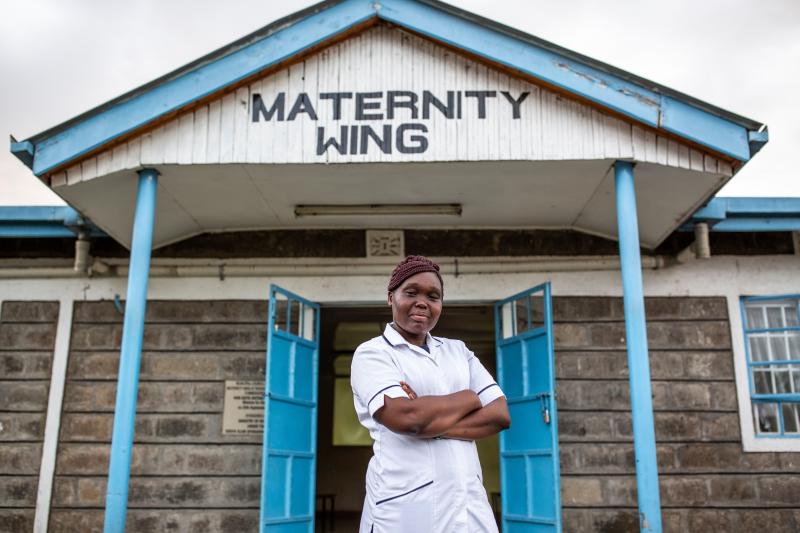
“If the community embraces women as leaders in the community or even globally, I think nursing and every career will go on well to be respected," says Alice Boit. Photo by Patrick Meinhardt for IntraHealth International.

“Nurses are sometimes denied the positions that they qualify for just because they are nurses,” says Peris Karuiki. Photo by Patrick Meinhardt for IntraHealth International.
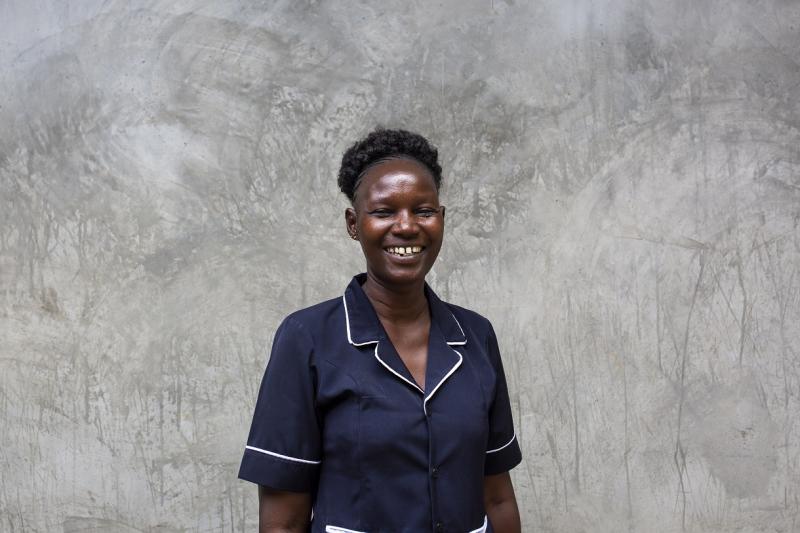
"The community here does not allow parents to share childcare duties,” says Mary Akai Supat “Child bearing and child upbringing is meant for the mother." Photo by Patrick Meinhardt for IntraHealth International.
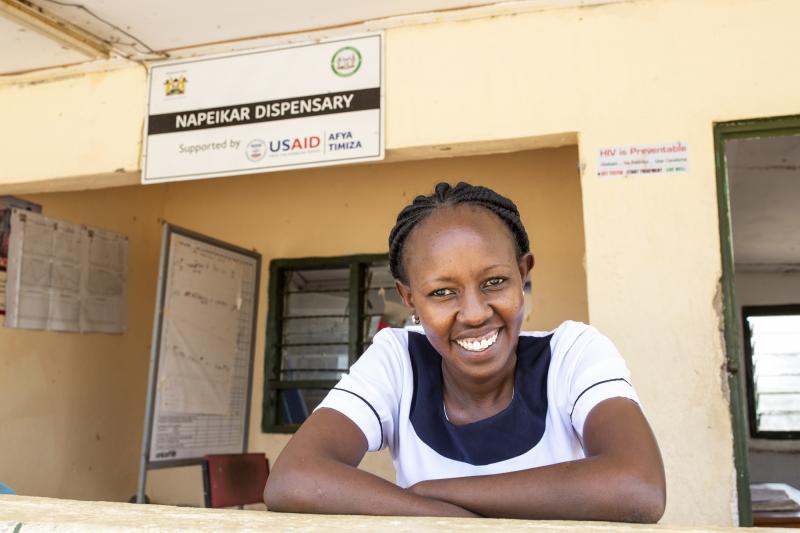
“Policymakers should recognize us more,” says Teresia Wambui. “And give us leadership at the county level--a nursing directorate.” Photo by Patrick Meinhardt for IntraHealth International.
Women make up 70% of the global health workforce, and 90% of the nursing workforce, but few health leadership positions are held by nurses or women.
We asked 29 nurses what they would recommend to improve the status of nurses in Kenya and, as 76% of nurses in the country are women, how to combat gender-related barriers nurses face. Read what five women nurses had to say, from the most senior nurse at the Ministry of Health to a young nurse in a remote dispensary:
Many of the issues these nurses highlighted are similar to the findings in our global report, including that societal perceptions of nursing as a “feminine profession” are barriers to women nurses’ advancement as leaders and to the status of nurses as a whole. And that female nurses have to juggle responsibilities both at work and at home.
Of course, a lot has changed since we interviewed these nurses, but the global pandemic has shown just how important nurses—and nurse leadership—are to responding to disease outbreaks, maintaining essential services, and reaching universal health coverage.
The world was already facing a shortage of six million nurses before the COVID-19 pandemic, mostly low- and lower middle-income countries. The International Nurses Council reports an increase in nurses leaving the profession during the pandemic, and estimates up to 13 million nurses will be needed in the next few years. And still, nurses are not adequately represented in leadership roles, including on COVID-19 response teams, where they can guide health policy and investment.
The nurses we interviewed had several recommendations for overcoming gender-related barriers to nurse leadership that are still relevant today, including:
We urge health workforce policymakers in Kenya and around the globe to take steps like these to promote nursing leadership. Join the conversation:
#IND2021 #VoicetoLead #InternationalNursesDay
READ what nurses in Kenya say about leadership and gender-related issues in Investing in the Power of Nurse Leadership: Kenya Spotlight Brief.
All photos by Patrick Meinhardt for IntraHealth International. All work related to this documentation project and the Kenya brief funded by a grant from Johnson & Johnson Foundation.
Get the latest updates from the blog and eNews
Read what nurses in Kenya say about nursing leadership in Investing in the Power of Nurse Leadership: Kenya Spotlight Brief. Twenty-nine nurses, nursing students, and nurse policy leaders shared their personal experiences including gender differences in advancement, juggling paid and unpaid work, decision-making authority, and mentorship.
